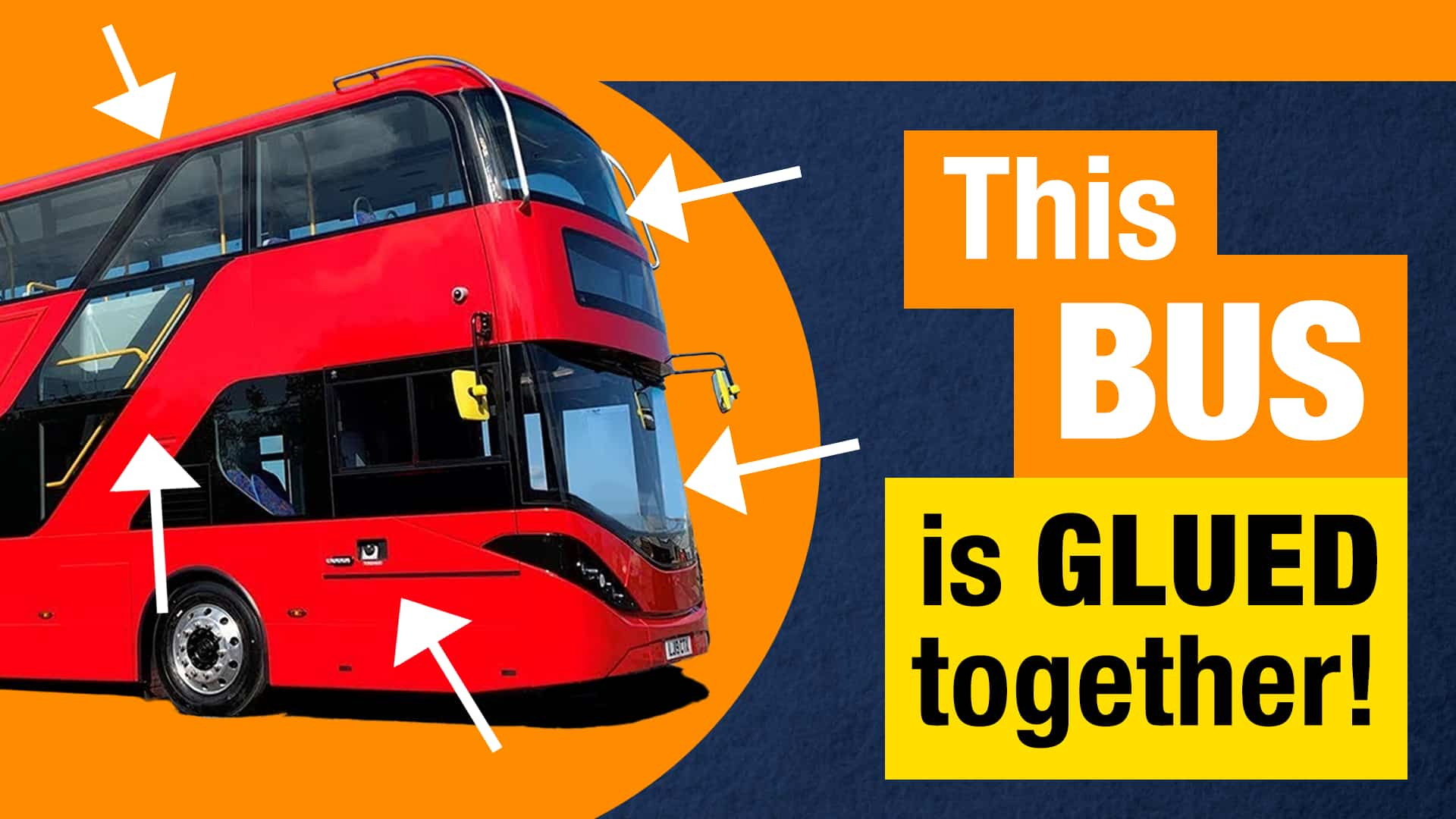Search for topics or resources
Enter your search below and hit enter or click the search icon.


In the world of bus manufacturing, precision and durability are paramount. Traditional methods like welding and mechanical fasteners have long dominated the scene, but as technology progresses, so do the techniques we use to assemble these crucial vehicles. At the forefront of this evolution is the use of advanced adhesives for bonding large structural components like sidewalls to the bus frame.
Our latest video showcases this innovative process in action. It features one of our prominent bus manufacturing clients, who has successfully integrated adhesive technology to streamline production and enhance the structural integrity of their buses.
Adhesives offer several advantages over traditional fastening methods. They distribute stress more evenly across joints, reducing the risk of fatigue and failure points. This is crucial for the sidewalls of a bus, which experience significant dynamic loads during travel. Additionally, adhesives provide superior aesthetic results by eliminating the need for rivets and weld marks, which contributes to a smoother exterior finish.
The video demonstrates the meticulous process of applying a structural adhesive to the bus frame. Our adhesive is specially formulated to offer high strength and durability, ensuring that once the sidewall is positioned, it bonds strongly and uniformly to the frame. This not only enhances the vehicle's structural integrity but also its resistance to weather and road conditions.
The adhesive application is followed by positioning the sidewall against the bus frame. With our adhesive's quick-setting time, the panel rapidly becomes an integral part of the bus structure. This efficiency reduces assembly time significantly, allowing manufacturers to increase throughput without sacrificing quality.
Adhesive bonding is more than just sticking parts together; it's about creating safer, stronger, and more reliable vehicles. By embracing this technology, our client is not only optimizing their production line but also setting new standards in bus manufacturing. It also allows them to use lighter and more renewable materials in their design to help ensure a smooth transition to a sustainable future.